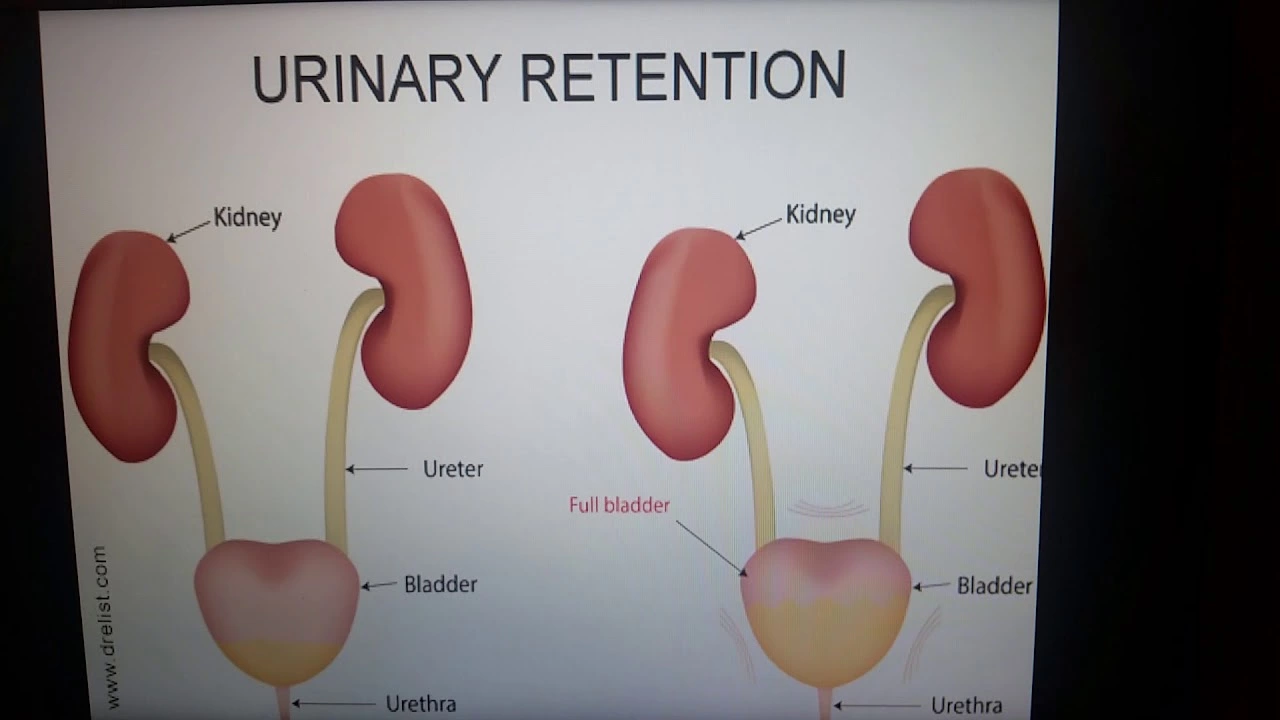Understanding Urinary Retention
Before diving into the tips for traveling with urinary retention, it's essential to understand what it is and how it affects your body. Urinary retention is a condition where you have difficulty emptying your bladder completely. This can be a result of numerous factors, such as an enlarged prostate, nerve damage, or certain medications. As someone who experiences this condition, I can attest to the challenges it presents, especially when traveling. In this article, I will share my personal experiences and tips for making your journey more comfortable and enjoyable.
Consulting Your Doctor Before Travel
One of the first things you should do before planning your trip is to consult with your doctor. They can provide valuable information and guidance on managing your urinary retention during your travels. Make sure to discuss your travel plans, including your destination, duration, and mode of transportation. Your doctor may recommend adjusting your medication or suggest other treatments to help you manage your condition more effectively while away from home. Additionally, they can provide you with a letter explaining your condition, which may be helpful when requesting accommodations or assistance during your journey.
Planning Bathroom Breaks and Rest Stops
When traveling with urinary retention, it's crucial to plan for regular bathroom breaks and rest stops. Before your trip, map out your route and identify restrooms along the way. Consider using mobile apps or websites that help you locate public restrooms near your location. Remember that it may take longer for you to empty your bladder, so be sure to account for this extra time when planning your itinerary. Be prepared for emergencies by carrying a portable urinal or disposable toilet bags that can be used in case you're unable to find a restroom when needed.
Staying Hydrated and Managing Fluid Intake
Staying hydrated is essential for maintaining your overall health, especially when traveling. However, it's important to manage your fluid intake to avoid exacerbating your urinary retention symptoms. Consider sipping on water throughout the day instead of consuming large quantities at once. Avoid consuming diuretics, such as caffeine and alcohol, which can increase your need to urinate. Additionally, try to limit your fluid intake in the evenings to reduce the chances of needing to use the restroom during the night.
Choosing Comfortable and Accessible Clothing
Wearing comfortable and easily accessible clothing can make a significant difference when traveling with urinary retention. Opt for loose-fitting clothes that are easy to remove, such as pants with an elastic waistband or skirts. Avoid clothing with complicated fastenings, as they can be difficult to manage when you need to use the restroom quickly. Additionally, consider wearing adult absorbent undergarments or pads to provide an extra layer of protection in case of leakage.
Carrying Essential Supplies
Being prepared with essential supplies can make your journey more comfortable and stress-free. Some items to consider packing include:
- Prescription medications and any over-the-counter medications recommended by your doctor
- A portable urinal or disposable toilet bags for emergencies
- Adult absorbent undergarments or pads
- Antibacterial hand sanitizer or wipes for cleaning your hands after using the restroom
- A small, discreet bag to carry these items with you at all times
Communicating Your Needs
Don't be afraid to communicate your needs to travel companions, airline staff, or hotel personnel. By being upfront about your condition, you can help ensure that you receive the necessary accommodations and assistance during your trip. For example, you may need to request a seat close to the restroom on a plane, train, or bus. Or, you might need to ask for a hotel room with an accessible bathroom. Having a letter from your doctor explaining your condition can also be helpful in these situations.
Practicing Relaxation Techniques
Traveling can be stressful, and stress can exacerbate urinary retention symptoms. Practicing relaxation techniques, such as deep breathing exercises or mindfulness meditation, can help you stay calm and manage your condition more effectively. Incorporate these practices into your daily routine before your trip to become more comfortable with them. Remember, the more relaxed you are, the easier it will be to manage your urinary retention while traveling.
In conclusion, traveling with urinary retention can be challenging, but with proper planning and preparation, it's possible to have a comfortable and enjoyable journey. By consulting your doctor, planning rest stops, staying hydrated, wearing appropriate clothing, carrying essential supplies, communicating your needs, and practicing relaxation techniques, you can overcome the obstacles and create lasting memories on your travels.


Sean Lee
Navigating corporeal constraints while traversing external landscapes invites a dialectic between bodily autonomy and itinerant desire. Urinary retention, as a phenomenological interruption, necessitates premeditated logistical scaffolding. By integrating temporal segmentation of restroom intervals into the itinerary, one harmonizes the somatic rhythm with the macrocosmic itinerary. Furthermore, the epistemic counsel of a urologist functions as a praxis-oriented compass, aligning pharmacologic modulation with environmental variables. Ultimately, the traveler who internalizes this symbiosis reclaims agency over both vessel and voyage.